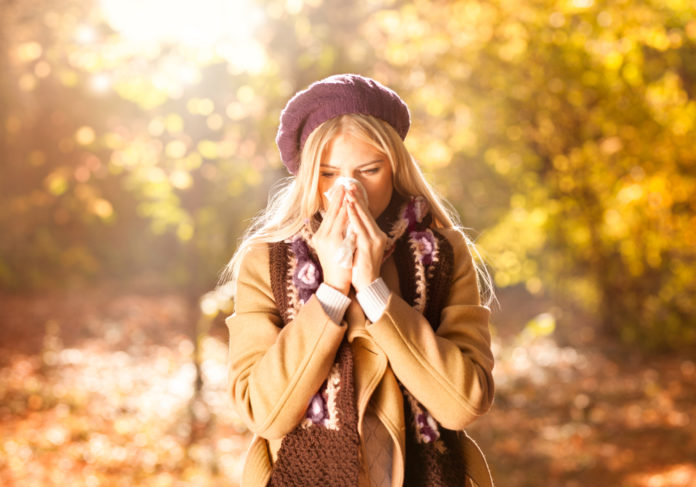Your seasonal allergies may not disappear just because the days are getting shorter, the leaves have changed colors and the air is becoming chillier. Allergens are present throughout the year and not just in spring. This can cause allergic reactions in people who suffer from allergies.
The following tips and tricks may help you if you suffer from a runny or scratchy nose for most of the time.
How to minimize seasonal allergies
Eliminate allergies from your home.
first, take a look around your home to identify potential allergens. You may find pet dander or dust mites in your home, as well as mold and pollen. After you identify the cause of your allergies, remove that source from your home. You may need to invest in an air purifier, or clean your home more frequently.
Wear an N95 mask when working outside.
Wearing an N95 mask outside will protect you from these allergens. A respirator, an N95 mask filters out 95% of airborne particles. The mask is also effective in blocking mold and pollen spores.
Utilize a saline nasal spray to alleviate discomfort.
Saline nasal sprays work by washing out allergens from your nose. These sprays can reduce inflammation and moisturize the nasal passages. When your nose feels dry and irritating, this can provide a great deal of relief.
Most pharmacies and drugstores carry saline nasal sprays. Before using, read the instructions carefully. Start small and gradually increase the amount until you feel relief.
What Allergens are Commonly Found in Fall?
There are also common allergens outside. Ragweed Pollen are more common in the autumn. According to the Asthma and Allergy Foundation of America, between 32.5 and 65 million Americans or 10 to 20% of the population suffers from ragweed allergy.
Mildews and molds are usually present all year round. Mold and mildew thrive in damp compost heaps, piles of leaves and soggy compost heaps. Also, they thrive in moist interior areas like basements, bathrooms and kitchens.
Unlike pollen, mold and mildew are not destroyed with the first frost. However, they tend to enter latent stages during the winter.
Consult your doctor if your symptoms are too severe. Avoid allergens as much as possible.

